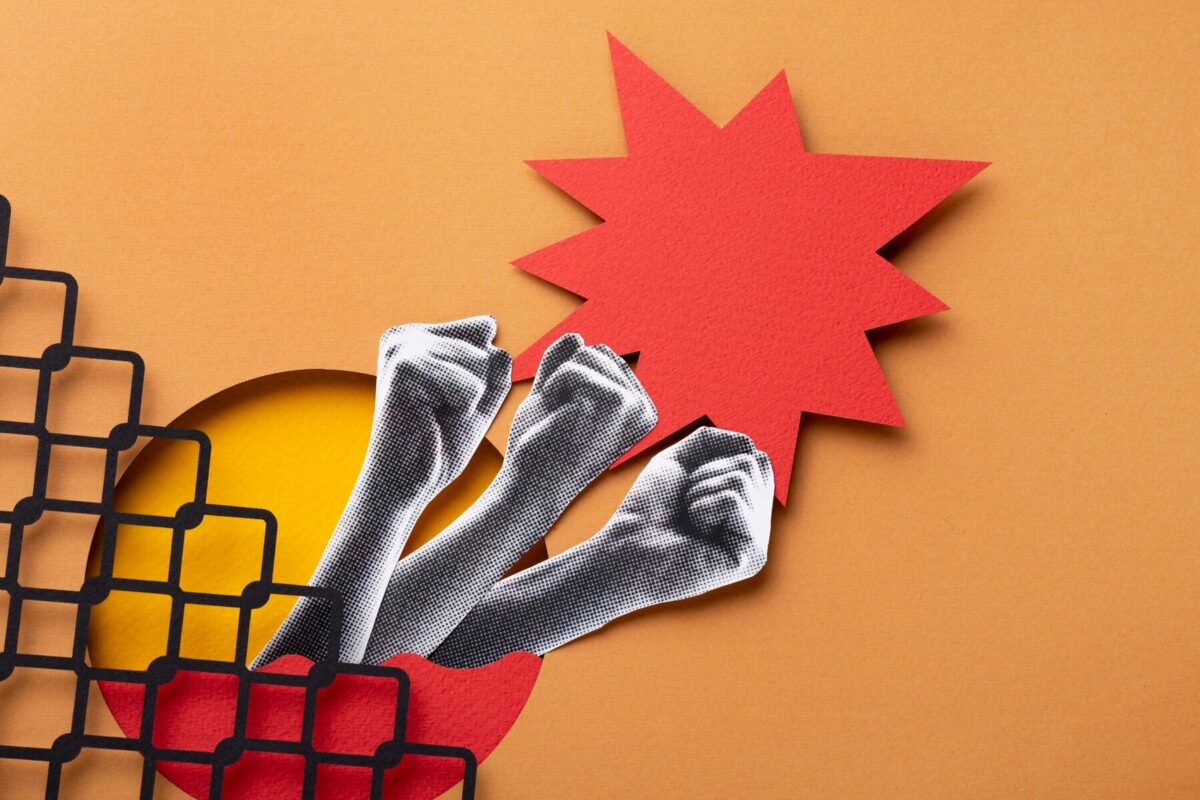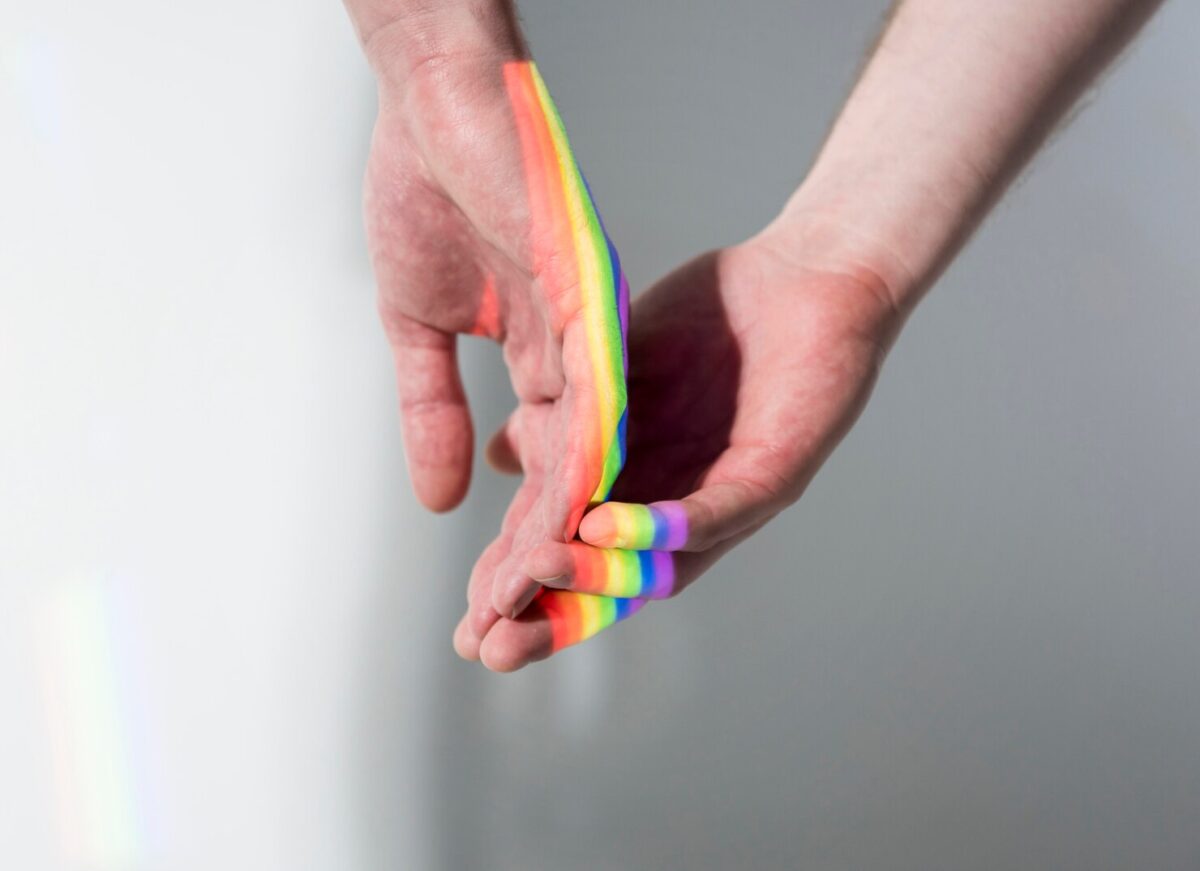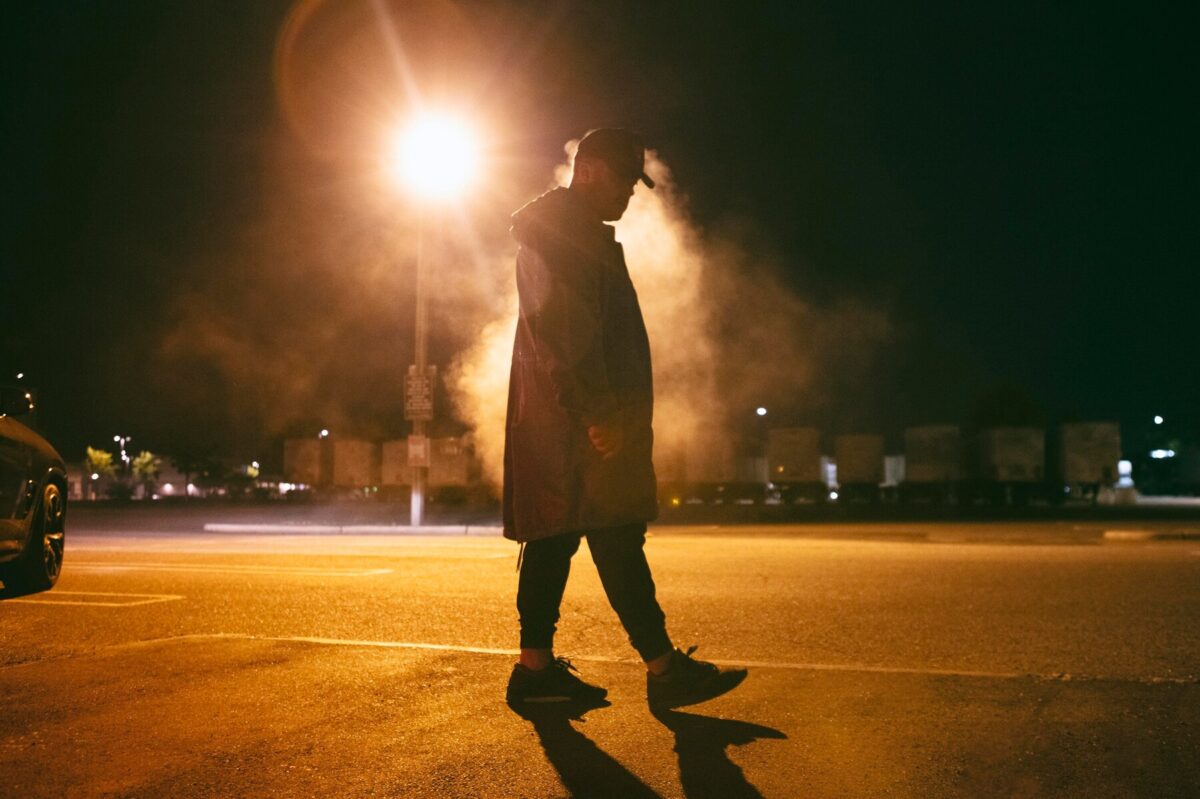In the run-up to the presidential elections in Moldova, society once again witnessed attempts by politicians to use hate rhetoric against the LGBTIQ+ community as a campaign tool. This time, former President Igor Dodon accused the non-governmental organization Genderdoc-M of filing a “criminal complaint” against him concerning his political statements. According to Dodon, this is related to his campaign promises to ban “LGBT propaganda” in schools and Chisinau.
On September 10, Igor Dodon published a message in which he claimed that Genderdoc-M accused him of inciting prejudice-based violence. The occasion was his statement on the inadmissibility of LGBTIQ+ propaganda in schools, which was part of his election promises. The former president said that his position expressed the opinion of the majority of teachers and parents, which made such statements acceptable in his political program.
However, as early as September 11, Angelica Frolova, administrative director of Genderdoc-M, responded to Dodon’s accusations, saying that all of the organization’s complaints against the former president had been filed long before this case. She noted that the statement referred to by Dodon does not refer to the current year and has not been documented by the organization recently. Thus, the conflicts between the NGO and Dodon refer to earlier complaints, which cast doubt on the relevance of the politician’s claims.
The politician is also actively using the LGBTIQ+ theme in his campaign rhetoric, claiming that after the presidential election, the government led by Maia Sandu intends to introduce quotas for the employment of LGBTIQ+ people in state institutions. These claims were made on his program “Live with Igor Dodon” on September 13, where he assured viewers that European partners were demanding that Moldova implement quotas for the LGBTIQ+ community.
However, these claims were quickly refuted by government spokesman Daniel Voda, who called Dodon’s words “false.” In his statement, Voda reminded us that political campaigns should be based on respect for citizens, not manipulation and misinformation. He also mentioned Dodon’s previous false claims about employment quotas for Syrians, foreigners, and other groups, which had no real basis.
Using the LGBTIQ+ theme as a tool to mobilize the electorate is not a new technique for politicians, especially those who appeal to conservative and homophobic sentiments in society. Political leaders often use such rhetoric to create an image of an “enemy” that allegedly threatens traditional values and national identity. In Moldova, where the topic of European integration is hotly debated, the issue of LGBTIQ+ rights often becomes a reason to divide society into “pro-European” and “pro-conservative” citizens.
It should be noted that the presidential election to be held on October 20 will be an important stage for Moldova’s future. Although Igor Dodon is not running, his party, the Party of Socialists of the Republic of Moldova (PSRM), supports the candidacy of former Prosecutor General Alexandru Stoianoglo. In turn, Maia Sandu, the incumbent president and leader of the pro-European Action and Solidarity Party (PAS), will compete for the post again.
In an electoral race, the use of hate speech against the LGBTIQ+ community can be a serious challenge for a society striving for European integration and the building of a tolerant democratic state. Divisions in society based on prejudice and fear of imaginary threats can undermine trust in democratic processes and slow down the country’s path toward European human rights standards.
The example of Igor Dodon shows how hate rhetoric and manipulation can become a powerful tool in electoral struggles, especially against vulnerable groups such as the LGBTIQ+ community. It is important to remember that such discourse not only misinforms society but can also reinforce discrimination and violence. Society and political leaders must recognize the dangers of such rhetoric and strive for an open and constructive dialogue aimed at protecting the rights and freedoms of all citizens, regardless of their identity or orientation.
Also read:
Bias and intimidation: cases of police pressure in Kazakhstan
Defending equal rights in Kazakhstan: successful patient advocacy at OAT




